What is Digital Arbitrage?
Digital arbitrage is a type of online arbitrage where you buy digital products or services at a lower price in one market and sell them at a higher price in another. It works by taking advantage of price differences between various markets, much like finding hidden treasures where the value hasn’t been fully recognized by everyone yet.
There are several reasons these price differences exist:
- Geographic Variations: Prices can change depending on location, influenced by currency exchange rates, local demand, or regional promotions.
- Platform-Specific Pricing: Different platforms may offer the same digital product at different prices, due to factors like varied fee structures or special promotions.
- Time-Sensitive Deals: Flash sales or limited-time offers can create temporary price gaps, providing opportunities for arbitrage.
For example, a digital product might be cheaper on a European platform due to favorable exchange rates, while it’s more expensive on an American site. An arbitrageur can buy the product from the European platform and sell it at a profit on the American one.
Digital arbitrage is a subset of online arbitrage, a broader concept of buying and reselling products online for profit. If you want to learn more about this business model, check out our online arbitrage for beginners guide.
How to Make Money Using Arbitrage?
Making money with arbitrage involves finding price differences between markets and capitalizing on them. Here’s a simple guide on how to get started:
- Identify Price Gaps: Look for digital products or services that are priced differently across various platforms or regions. This could include things like software, eBooks, courses, or even subscriptions. Keep an eye on sales, promotions, and currency differences that may create price fluctuations.
- Buy Low: Once you find a product at a low price, purchase it. This might mean buying from platforms where the price is reduced due to promotions, currency differences, or regional pricing strategies.
- Sell High: After purchasing, resell the digital product at a higher price on a different platform where the demand is higher or where the product is priced at a premium. For example, you could buy an online course at a discount and resell it at the regular price.
- Account for Fees: Ensure that the price gap is enough to cover any transaction fees, platform charges, or other costs associated with reselling. The larger the gap, the higher your potential profit.
Different Types of Digital Arbitrage
In digital arbitrage, there are several strategies that entrepreneurs can use to take advantage of price differences. Here are three common types:
Affiliate Arbitrage
Affiliate arbitrage involves using affiliate marketing to generate profits. Marketers place ads with affiliate links to drive traffic and increase conversions. The goal is to earn a commission from these conversions that exceeds the cost of the ads.
This strategy often relies on platforms like Google AdWords, where affiliates bid on keywords to drive traffic to landing pages, ultimately leading to purchases on websites like Amazon. The challenge lies in optimizing campaigns to keep the cost of ads lower than the revenue generated from conversions.
| Pros | Cons |
| Low upfront investment | Can be highly competitive |
| Flexible: you can promote multiple products and services | Reliant on consistent optimization to maintain profitability |
| Potential for passive income | Google’s changing policies can make it harder to succeed |
| No need to handle products or services directly | Traffic costs can eat into profits |
Price Search Engines
Price search engines aggregate product prices from various retailers, allowing users to compare and find the best deals. Entrepreneurs can exploit this by placing ads on these engines and earning commissions for clicks or sales.
This model works well in industries with high product variability, such as electronics or fashion. The key is to provide genuine price comparisons to users, helping them find the best value.
| Pros | Cons |
| Low risk, as you’re not dealing with product creation or shipping | Requires a solid understanding of SEO and keyword targeting |
| Good for industries with high product variability | May be challenging to stand out in a crowded market |
| Potential for recurring passive income | Revenue depends on the quality of the traffic and clicks |
Ad Networks
Ad networks, like Google AdSense, offer another opportunity for digital arbitrage. Affiliates buy traffic through ads and direct it to their websites, where they display ads from networks like AdSense. If the revenue from ad impressions or clicks exceeds the cost of acquiring traffic, a profit is made.
However, this strategy requires careful balancing of ad spend and revenue, as platforms like Google have strict guidelines to prevent abuse.
| Pros | Cons |
| Can generate income passively once set up | High competition for ad space and traffic |
| No need to create or manage products | Requires balancing ad spend and revenue carefully |
| Can scale quickly with effective ads | Strict ad platform guidelines, such as Google’s, can limit strategies |
Best Strategies to Get Successful in Digital Arbitrage
In 2025, there are several strategies you can adopt to succeed in digital arbitrage. Here are some of the best approaches to help you thrive:
- Affiliate Marketing
- Cost-Per-Click (CPC) Management
- Optimizing Conversion Rates
In the following sections, we will explore each of these strategies in detail.
Affiliate Marketing
Affiliate marketing is a cornerstone of digital arbitrage. By promoting a vendor’s product and earning a commission for each sale made through your referral, you can generate consistent profits.
- Choose the Right Products: Select products that align with your audience’s interests to increase conversions.
- Create Valuable Content: Focus on creating engaging content that adds value to your audience. This helps build trust and encourages purchases.
- Optimize Landing Pages: Ensure that your landing pages are designed for maximum conversions with clear calls-to-action and relevant, helpful information.
Cost-Per-Click (CPC) Management
CPC is a critical metric in digital arbitrage. It refers to how much you pay for each click on your advertisement. The goal is to make sure the revenue from conversions exceeds the cost of clicks.
- Bid Wisely: Start with lower bids and adjust based on performance. This allows you to control your costs and optimize your campaigns.
- Target Relevant Keywords: Use specific, long-tail keywords to attract high-intent traffic, which typically leads to better conversion rates and higher return on investment.
Optimizing Conversion Rates
Conversion rates show the percentage of users who take a desired action, like making a purchase. High conversion rates are vital for profitable digital arbitrage.
- A/B Testing: Continuously test different elements of your campaigns—such as ad copy, images, and landing page designs—to see what works best.
- Simplify the User Journey: Make the process from click to conversion as smooth and seamless as possible. Focus on optimizing page load times and reducing form complexity to make it easier for users to complete the purchase.
Selling Digital Products on Amazon
When it comes to selling digital products on Amazon, the competition has intensified in 2025. Many digital products are now saturated in the market, and it’s harder to make significant profits from them. You need to be selective and strategic about what to sell.
At OABeans, we provide premium online arbitrage sourcing leads to help users identify the right products to sell, including digital products. Our service offers valuable insights on where and what to buy to maximize profits. For new users, we offer a 3-day free trial to explore our leads. So, if you’re wondering which products can help you make good money on Amazon, visit OABeans and grab your limited leads to get started.
Best Marketplaces for Digital Arbitrage
Choosing the right marketplace is crucial for success in digital arbitrage. Here are some of the best platforms for this business model:
1. Amazon
Amazon is one of the largest and most well-known online marketplaces, offering a wide variety of digital products such as e-books, software, and courses. Its vast customer base and trustworthiness make it a strong platform for arbitrage opportunities. Opportunities include:
- Affiliate Marketing: Earn commissions by promoting Amazon products.
- Amazon Digital Products: Buy and sell digital products such as e-books, software, and subscription services at a price advantage.
However, it’s important to note that Amazon has certain restrictions on what digital products can be sold. Some product categories are gated or limited for new sellers. For more information on which products are available for sale, you can take a look at our list of ungated products on Amazon.
2. eBay
eBay allows users to buy and sell various digital products, such as downloadable software, video courses, or digital art. eBay often has price discrepancies due to sellers listing at lower prices to quickly move products. Opportunities include:
- Flipping Digital Products: Buy digital items at lower prices and resell them at a markup.
- Auctions and Bulk Purchases: You can purchase digital products in bulk, then resell them individually for a profit.
3. ClickBank
ClickBank is a popular marketplace for digital products, particularly in the niche of e-books, online courses, software, and other informational products. It offers a wide range of affiliate marketing opportunities. Opportunities include:
- Affiliate Arbitrage: Promote high-commission digital products and earn passive income from each sale.
- Product Reselling: Many products on ClickBank allow you to resell or white-label them, creating opportunities for arbitrage.
4. Udemy
Udemy is a leading platform for online courses and educational content. If you can identify a course on sale or offered at a discount, you may be able to resell access or promote it through affiliate marketing. Opportunities include:
- Affiliate Marketing: Earn commissions by promoting Udemy courses through your affiliate link.
- Course Arbitrage: Look for high-demand courses that are discounted and resell the courses at a higher price or bundle them with other services.
5. Fiverr
Fiverr allows people to buy and sell digital services. You can source digital services (like graphic design, video editing, content writing) from sellers at lower rates and resell them at a higher price, effectively creating an arbitrage opportunity. Opportunities include:
- Service Arbitrage: Purchase services from one Fiverr freelancer and resell or deliver them to clients at a markup.
- Affiliate Marketing: Promote Fiverr services through affiliate links to earn commissions on referrals.
Remember, not every digital product can be sold on these marketplaces, as they each have their own restrictions and guidelines. So, before starting your business in any of these marketplaces, make sure you read their guidelines thoroughly.
What Are the Challenges of Starting Your Own Digital Arbitrage?
Starting your own digital arbitrage business can be highly profitable, but it also comes with its share of challenges. Here are some of the most common challenges you may face, and how to overcome them:
Trademark Infringement
Using keywords, phrases, or brand names that are trademarked can lead to legal trouble. This is particularly a risk in affiliate marketing, where your ads may unintentionally feature protected brand names.
How to Overcome: Avoid using brand names or trademarks in your ads or content without permission. Tools like BestBrandProtection and MarkMonitor can help monitor and prevent such issues.
Google AdWords Restrictions
Google AdWords has strict guidelines for advertisers, particularly when it comes to digital arbitrage. For example, Google prohibits the use of AdWords for direct affiliate link advertising, a practice that was once common but is now banned.
How to Overcome: Regularly review Google’s AdWords policies to ensure compliance. Consider using alternative ad networks that offer more flexibility for affiliate marketing.
Legal Considerations
Digital arbitrage comes with legal considerations, including compliance with advertising standards and data privacy regulations. Different jurisdictions have different laws, so what works in one market might not be legal in another.
How to Overcome: Keep informed about the legal landscape in the countries you’re targeting. If you’re unsure, consult with legal experts to ensure your strategies are compliant with local laws and regulations.
Final Thoughts
Digital arbitrage is a profitable opportunity for those looking to capitalize on price differences in digital products and services. By strategically purchasing digital goods at a lower price and reselling them higher, entrepreneurs can generate significant returns. While the industry presents challenges, careful planning, continuous learning, and adaptability can help mitigate them. If you are willing to invest time and effort into mastering the craft, digital -or any kind of- arbitrage can prove quite profitable.
FAQ
-
What skills do you actually need to start digital arbitrage with low risk?
Basic design, light copywriting, and keyword research skills are enough. Most digital arbitrage models rely on repackaging, improving, or repositioning existing licensed content. -
How do sellers avoid buying low-quality digital products that won’t resell well?
Review sample pages, check seller reputation, look for recent updates, and prioritize content that solves a real problem. -
Why do some digital arbitrage products stop selling even when demand looks high?
Oversaturation, outdated content, poor listing optimization, or weak differentiation can kill sales. -
How can digital arbitrage sellers set competitive pricing without racing to the bottom?
Bundle related products, add customization, or offer editable formats. Extra perceived value allows higher pricing even in competitive niches. -
Which digital product types are easiest to scale for beginners in 2025?
Templates (Canva, Notion), printable planners, AI-assisted ebooks, and niche digital toolkits scale well because they require minimal ongoing production and have broad resale appeal.


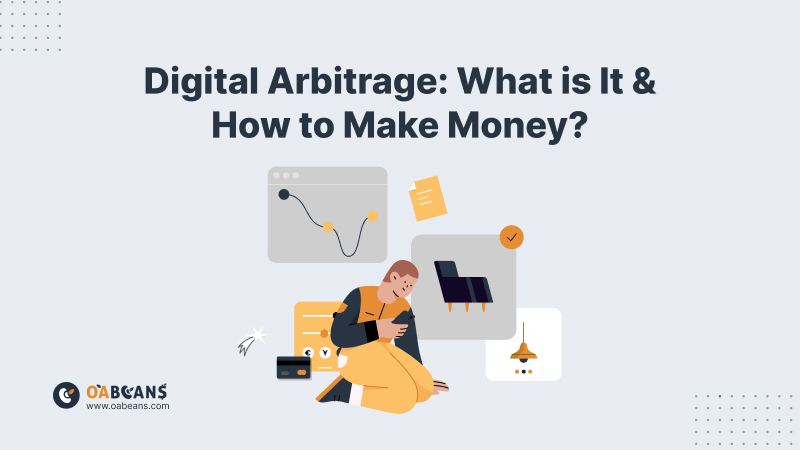
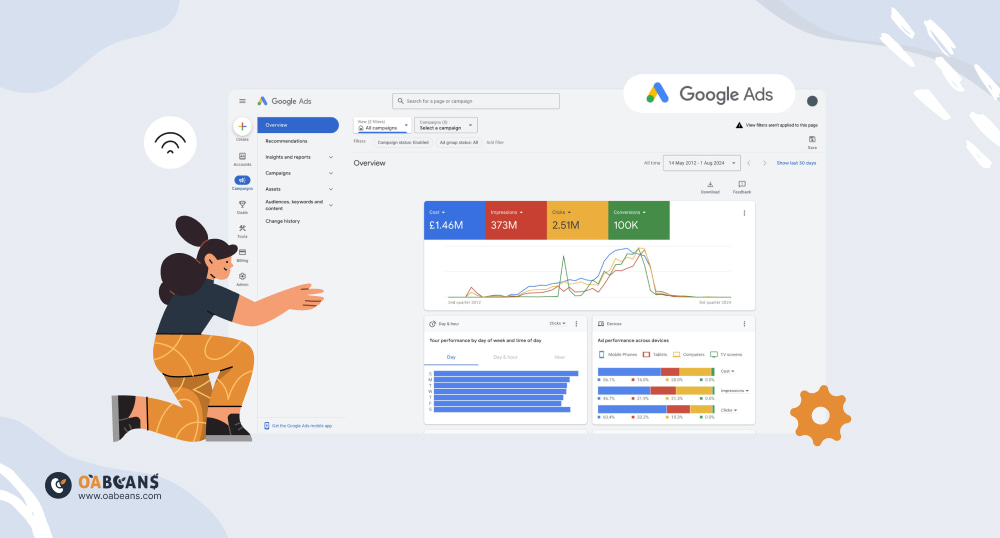

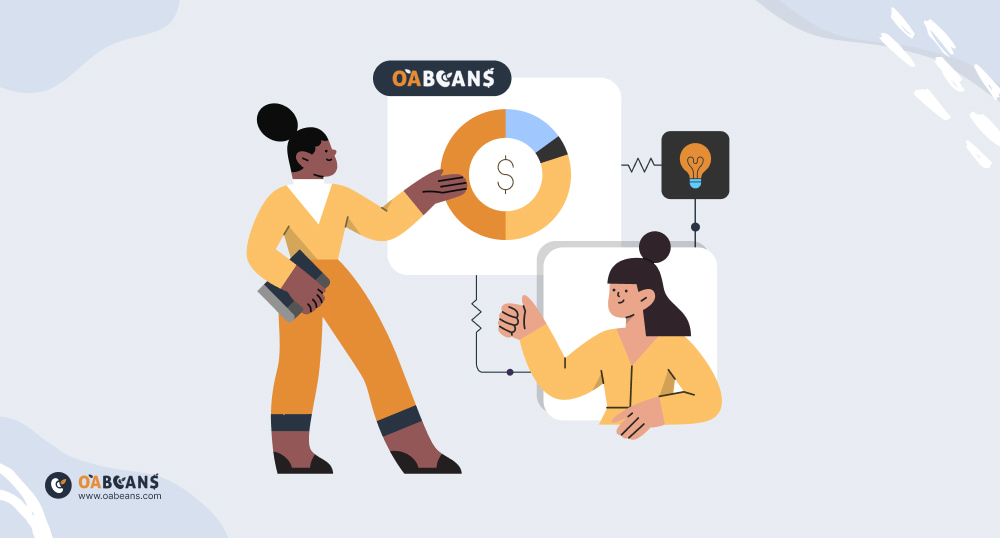


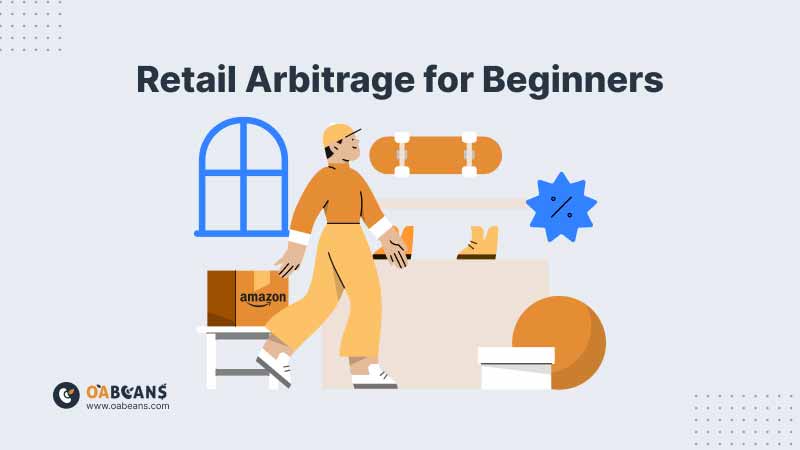
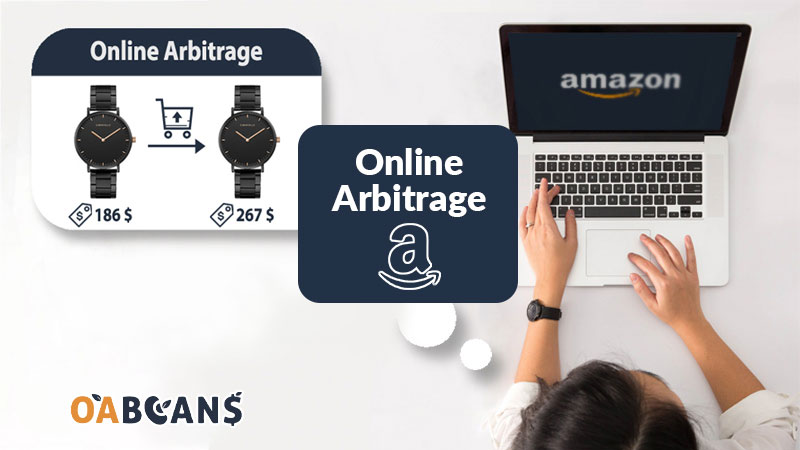
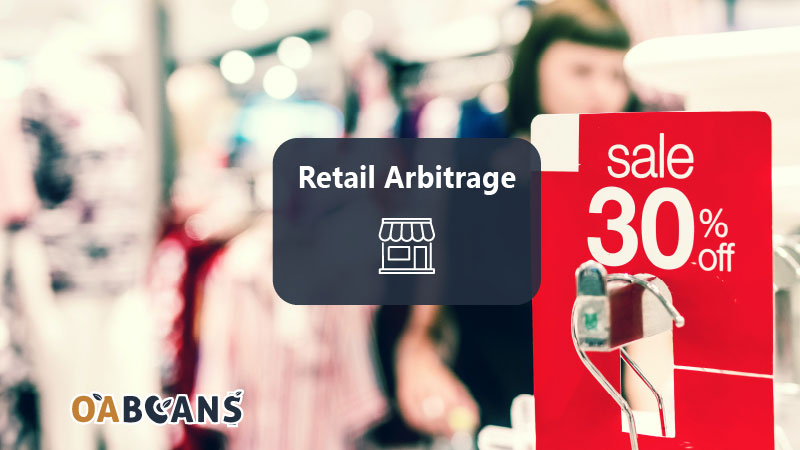
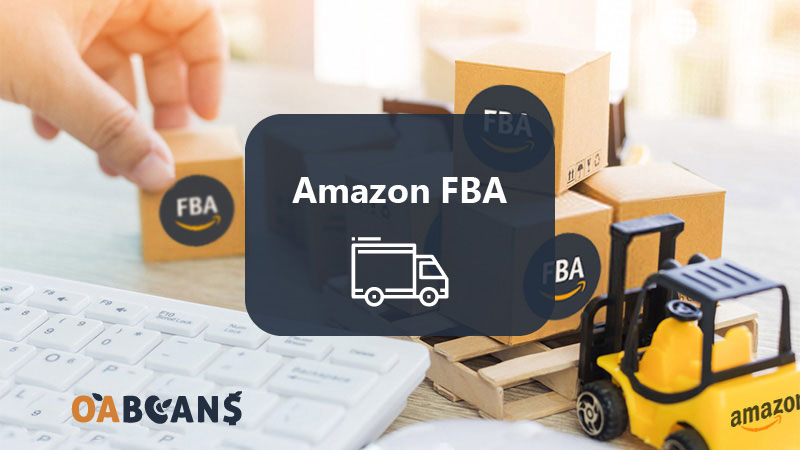













11 responses to “Digital Arbitrage: What is It & How to Make Money?”
The supportive community of online arbitrage sellers on Amazon offers resources, tips, and strategies to help you navigate the challenges and maximize your profits.
Amazon’s seller tools and analytics make it easy to track sales, monitor competition, and optimize my reselling strategy for maximum profitability.
I enjoy the continuous learning journey that comes with Amazon reselling. It’s an ever-evolving landscape, and staying updated on market trends and strategies keeps me ahead of the competition.
The reselling model on Amazon offers a wide range of product categories, giving you the freedom to explore different niches and diversify your inventory.
Online arbitrage on Amazon allows you to tap into the power of customer reviews and ratings, building trust and credibility for the products you resell.
By utilizing Amazon’s advertising tools, such as Sponsored Products, you can increase the visibility of your FBA products and drive more sales.
Amazon online arbitrage offers a great opportunity to build a profitable business with unlimited potential. With dedication and persistence, the rewards can be substantial.
The competitive pricing and buy box algorithm on Amazon create a level playing field for online arbitrage sellers, allowing for fair competition and increased sales potential.
Selling through Amazon FBA allows you to offer competitive shipping options, including two-day and next-day delivery, enhancing the customer experience.
The reselling model on Amazon allows you to leverage customer data and insights to refine your product selection and marketing strategies.
The comprehensive seller central dashboard provides valuable insights into your reselling business, helping you make data-driven decisions.